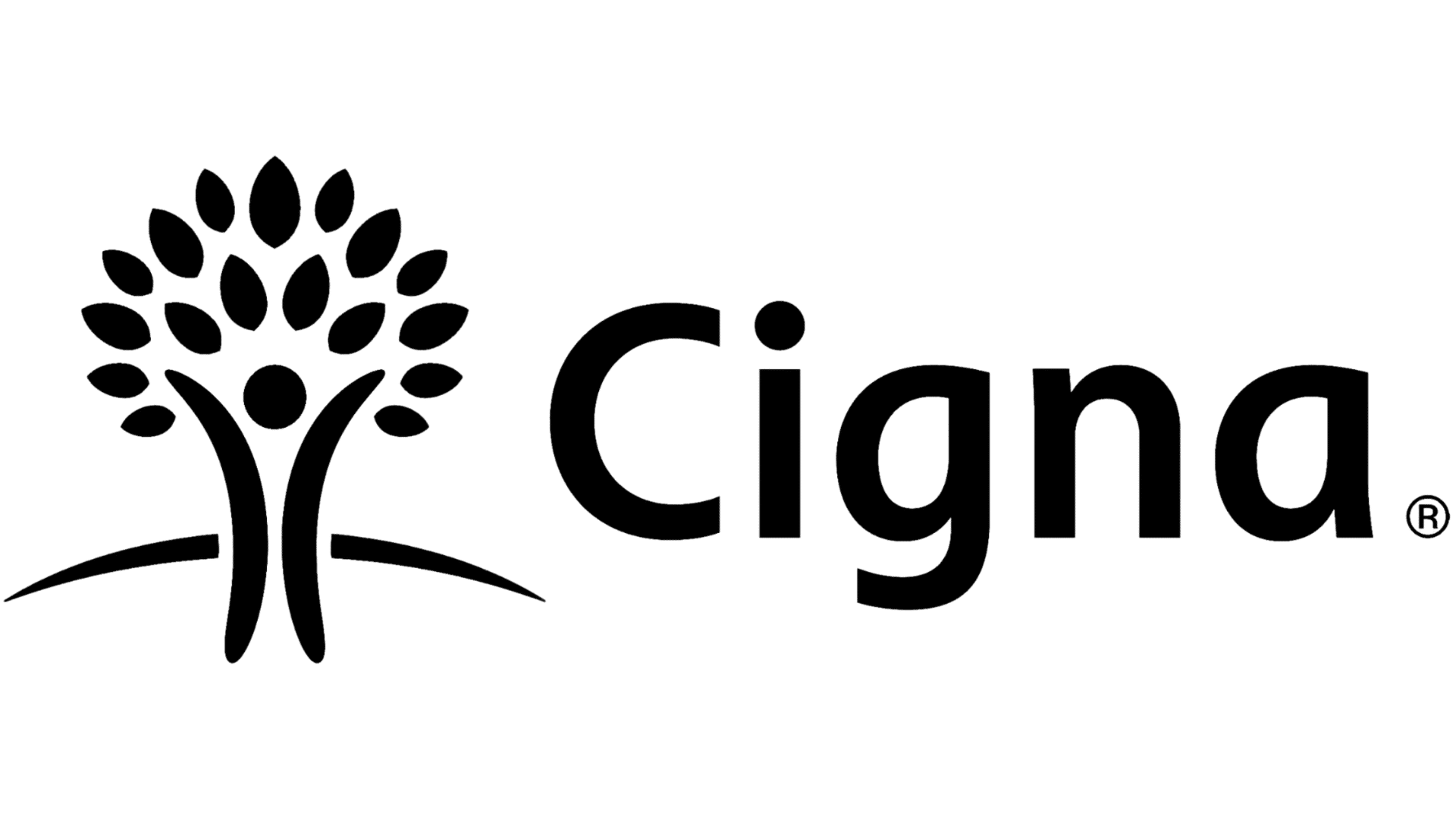DEVELOPMENTAL TRAUMA TREATMENT IN ORANGE COUNTY

Revival Mental Health
At Revival Mental Health, we offer a compassionate and comprehensive approach to mental health through trauma-informed care, particularly focusing on healing developmental trauma. Our programs emphasize understanding the deep-rooted impact of early trauma and working with individuals to address both the psychological and physical effects.

Contact Us
Our Approach
Healing developmental trauma requires addressing emotional connections and self-regulation, helping individuals recover from the lasting impacts of their experiences. This approach is designed for people of all backgrounds and focuses on creating a supportive environment for long-term healing and recovery. Healing Developmental Trauma presents a significant work that delves into childhood development and emotional healing, integrating various psychological approaches and offering practical tools for understanding and addressing fundamental conflicts related to emotional maturity.
Our trauma-informed care program encourages collaboration between individuals and our experienced therapists, offering a safe space for open communication and emotional healing. Through a personalized healing developmental trauma treatment plan, you will experience a recovery process that addresses not only your emotional and psychological health but also how early trauma affects the body and mind.
What Is Developmental Trauma
Developmental trauma refers to the psychological and physiological effects caused by adverse experiences during childhood, often referred to as childhood trauma. These experiences often disrupt the development of a child’s emotional and relational capacities, leading to long-lasting issues in adulthood. Unlike traditional methods that focus solely on immediate symptoms, our healing developmental trauma program addresses the emotional, physical, and mental well-being of the entire person. This comprehensive approach helps individuals understand the underlying causes of their emotional difficulties and promotes healthier patterns of self-regulation.
How Can It Help?
Trauma can affect a person’s self-regulation and emotional balance for years. At Revival Mental Health, we guide individuals in rebuilding their ability to manage emotions and foster healthier emotional connections. This type of therapy is particularly beneficial for individuals dealing with mental health conditions such as anxiety, depression, or low self-esteem, as it encourages emotional resilience and long-term recovery. Healing trauma is crucial in this process, as it helps address the conflicts arising from childhood development and promotes psycho-spiritual growth.
We combine individual therapy with trauma-focused group sessions, creating a well-rounded treatment plan that nurtures both emotional health and relational healing. Whether you’re dealing with developmental and relational trauma, chronic emotional struggles, or mental health challenges, healing developmental trauma can be a transformative tool in your journey toward well-being.
Understanding Developmental Trauma and Its Long-Term Effects
Developmental trauma, particularly early developmental trauma, can have a significant impact on individuals throughout their lives, often influencing their emotional, psychological, and physical health. Early experiences, such as neglect, abuse, or inconsistent caregiving, disrupt the normal development of a child’s emotional regulation and self-image. As a result, early trauma affects self-regulation, making it difficult for individuals to manage stress, form healthy relationships, and maintain emotional stability. This often leads to an ensuing diminished aliveness, where the individual’s ability to connect with themselves and others is compromised, underlying various psychological and physiological issues.
Healing developmental trauma focuses on addressing these disruptions, helping individuals regain control over their emotions and relationships. At Revival Mental Health, we understand that trauma affects not just the mind but the body as well. Through therapies like somatic-based psychotherapy, individuals can learn to release stored trauma and reconnect with their bodies, ultimately leading to better emotional regulation.
How Early Trauma Affects Self-Regulation
One of the most profound effects of developmental trauma is its impact on self-regulation. Self-regulation is the ability to manage and respond to emotions, thoughts, and external stimuli in a balanced way. However, early trauma impairs this ability, leading to chronic anxiety, mood swings, and difficulty coping with stress, which can negatively affect one’s regulation self image.
At Revival Mental Health, we emphasize the importance of understanding how trauma affects self-regulation and provide therapeutic techniques that help individuals rebuild this capacity. Trauma affects self-regulation by disrupting the nervous system, which becomes overly sensitive to stress. Over time, this can lead to patterns of emotional reactivity or emotional numbness, both of which are detrimental to long-term mental health.
By focusing on therapies that address both the psychological and physical impacts of trauma, such as somatic-based psychotherapy and body-centered techniques, we help individuals restore their ability to self-regulate. This, in turn, enhances their emotional resilience and overall well-being.
Healing Developmental Trauma: The Treatment Process
At Revival Mental Health, our approach to healing developmental trauma involves a combination of therapies designed to address both the mental and physical effects of trauma. We understand that trauma is stored not only in the mind but also in the body, and therefore our treatments focus on helping the body release this trauma as part of the healing process.
Somatic-Based Psychotherapy
One of the key therapies we use is somatic-based psychotherapy, which helps individuals reconnect with their bodies and release the trauma stored in their muscles and tissues. This approach is essential for addressing both the mental and physical aspects of trauma and is particularly effective for individuals who have experienced shock trauma or chronic stress.
NeuroAffective Relational Model (NARM)
Another essential component of our healing developmental trauma program is the NeuroAffective Relational Model (NARM). This therapeutic approach focuses on resolving attachment wounds and helping individuals develop healthier relational patterns. By addressing both emotional and relational issues, NARM helps individuals rebuild their capacity for emotional regulation and connection.
Cognitive Behavioral Therapy (CBT)
For individuals dealing with negative thought patterns and self-judgment, we incorporate Cognitive Behavioral Therapy (CBT) into the treatment plan. CBT helps individuals challenge the beliefs they hold about themselves and the world, providing tools for building a healthier self-image and coping with emotional challenges.
Healing Emotional Wounds
DTD therapy provides a safe and nurturing environment for individuals to explore their early emotional wounds and work through the pain, distress, and confusion associated with these experiences.
Key Elements of Our Developmental Trauma Treatment Program
Attachment Repair
Holistic Healing
Group Support
Safety and Trust


We Are Proud to Earn the Trust of Our Patients Every Day
Overcoming Chronic Self-Judgment and Low Self-Esteem
One of the most pervasive effects of developmental trauma is the development of chronic self-judgment and low self-esteem. Many individuals who experience early trauma internalize negative beliefs about themselves, leading to a distorted self-image that persists into adulthood.
At Revival Mental Health, we focus on helping individuals overcome these deeply ingrained patterns of self-criticism through therapy. By fostering self-compassion and promoting emotional healing, we help individuals rebuild their self-esteem and learn to view themselves in a more positive light.
Outpatient Care
Our Intensive Outpatient Program (IOP)
Our Developmental Trauma Planis an essential component of our intensive outpatient program (IOP), offering structured care that involves both group therapy and individual sessions. This program allows families to receive support while maintaining their daily lives, offering a balanced approach to mental health recovery.
Choosing Revival Mental Health For Trauma Therapy
Expertise
Our team consists of experienced mental health professionals who specialize in DTD treatment. We are committed to staying up-to-date with the latest research and therapeutic approaches.
Community
Join a supportive community of individuals who have faced or are facing similar challenges. Sharing experiences and insights can be a vital part of the healing process.

Compassion
We approach DTD treatment with deep empathy and understanding. Your healing journey is of utmost importance, and we are here to provide unwavering support.
Compassionate Support
Evidence-based therapy doesn't mean a cold, clinical approach. Our therapists provide compassionate, empathetic care to create a safe and nurturing environment for your healing journey.
Who Can Benefit from Family Therapy?
Family therapy is beneficial for families dealing with a variety of mental health conditions. At Revival Mental Health, our family therapy group is ideal for families experiencing:
01.
Family conflict and relationship challenges
02.
Substance use or behavioral issues
03.
Mental health conditions like anxiety or depression
Conclusion: A Path to Healing
Healing developmental trauma is a complex process that requires addressing both the emotional and physical effects of early trauma. At Revival Mental Health, we offer a comprehensive approach to recovery that focuses on helping individuals regain control over their emotions, rebuild their self-image, and develop healthier relationships. Our methods align with the latest insights from Psyd’s Healing Developmental Trauma, emphasizing how the body releases trauma alongside emotional healing.
Our trauma-informed care program combines evidence-based therapies like somatic-based psychotherapy, NARM, and CBT to provide a holistic approach to healing. These therapies, supported by research from the International Body Psychotherapy Journal, ensure that both the psychological and physiological aspects of trauma are addressed. By tackling the root causes of trauma and promoting emotional resilience, we help individuals build a brighter, healthier future.
If you or someone you love is struggling with the effects of developmental trauma, reach out to Revival Mental Health today. We are here to support you on your journey toward healing and emotional well-being.
We accept most major insurance plans
We also work with other insurance carriers. Please reach out to verify your benefits.
Yes, recovery is possible. With the right therapies, such as somatic-based psychotherapy, NARM, and CBT, individuals can address both emotional and physical impacts of trauma. Healing involves releasing stored trauma, improving emotional regulation, and building healthier relationships over time.
Developmental trauma can interfere with the nervous system, causing difficulty in managing emotions and stress. This often leads to chronic anxiety and emotional instability. Trauma-informed therapies help individuals rebuild their ability to regulate emotions and reactions.
Somatic-based psychotherapy focuses on how the body releases trauma stored from past experiences. By addressing the physical manifestations of trauma, this therapy enables individuals to achieve emotional balance and improved resilience.
Healing timelines vary based on individual needs and the depth of the trauma. While some may see progress in months, others may require extended therapy. At Revival Mental Health, we create personalized treatment plans to support long-term healing and recovery.
Contact Us Today
If you’re ready to embark on your journey towards rebuilding your life after DTD, contact Revival Mental Health today to schedule a consultation. Together, we can work towards a future where you can experience greater emotional resilience, healthier relationships, and a brighter outlook on life.
Are you or a loved one struggling with anxiety, depression, or other mental health concerns?
Contact us and speak with one of our admissions representatives to find out if Revival Mental Health is suitable for you.













